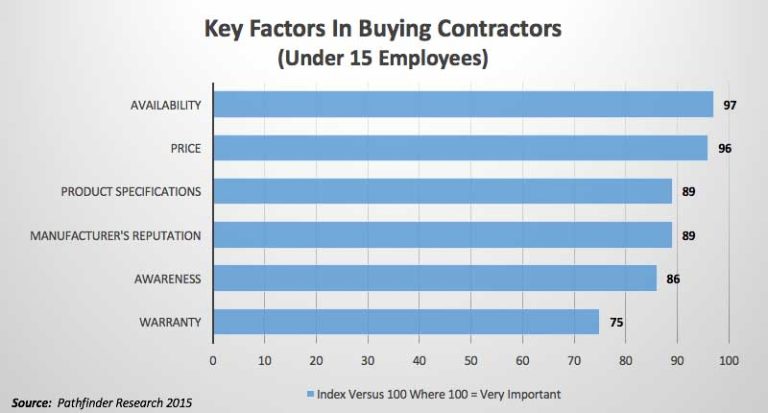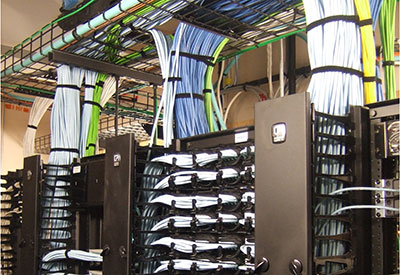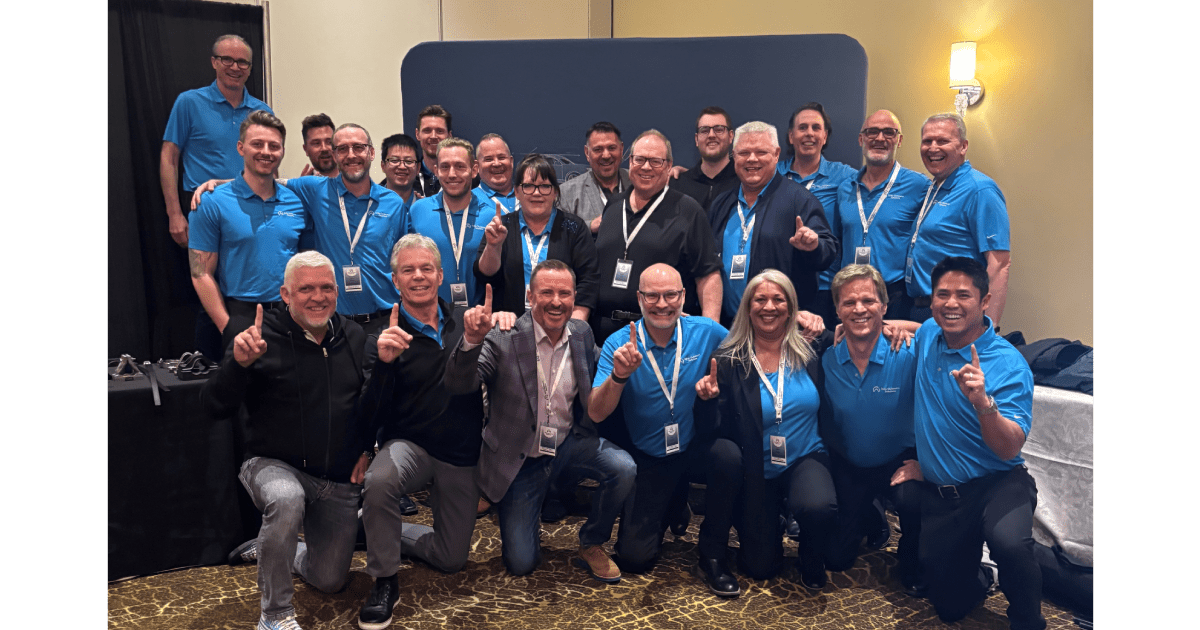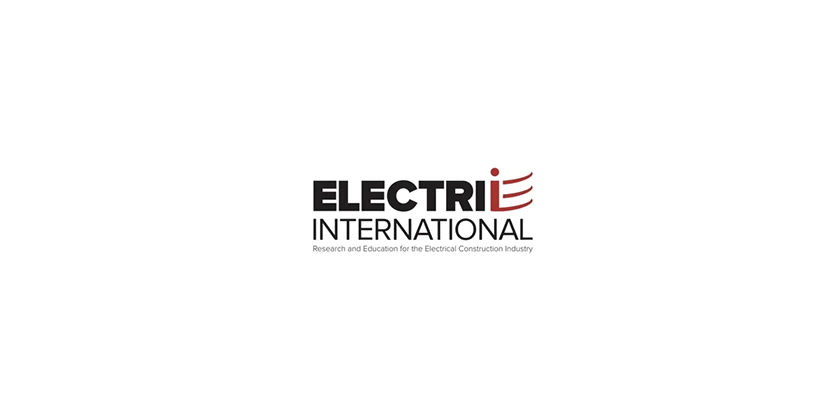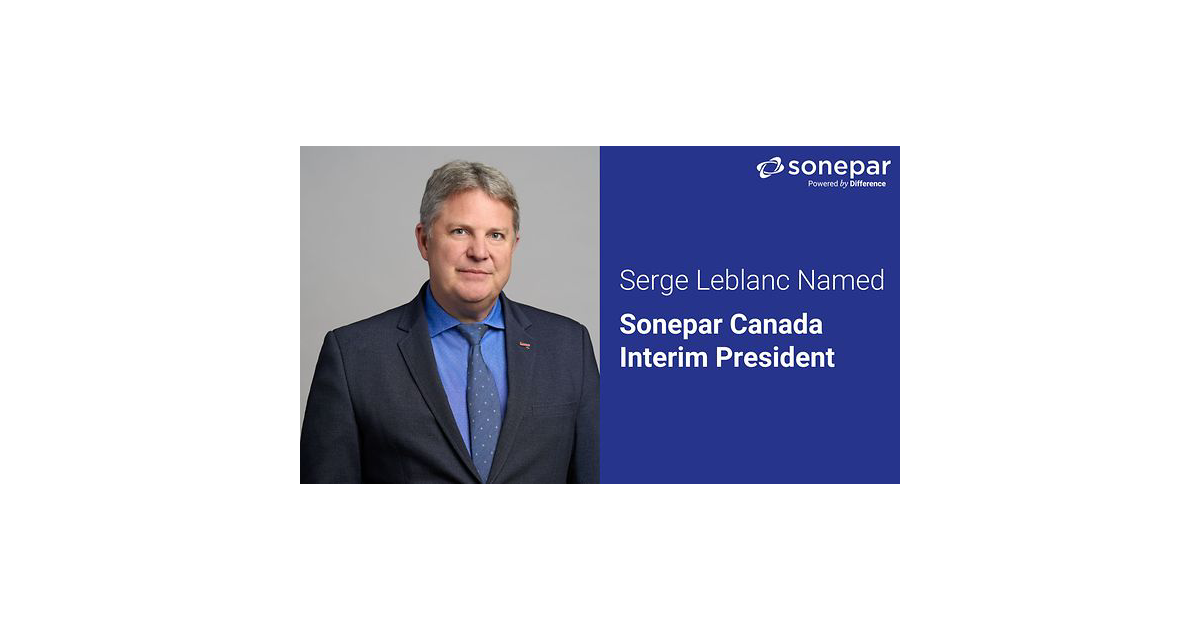Marijuana in the Workplace — Are You Ready for Changes?

September 14, 2016
[This article was updated on July 11, 2017 — Ed.]
As most readers will know, the federal government has introduced legislation to legalize marijuana, with a target date for the bill to become law no later than July 2018. In June 2016, Justice Minister Jody Wilson-Raybould announced the creation of a task force that will consult provincial, territorial, indigenous and territorial governments, as well as youth and experts in relevant fields like healthcare, criminal justice, economics, industry, and law enforcement. The findings of this consultation will inform the design of a new system of production, distribution and sales.
As a result, employers have less than a year to prepare for these changes and ensure their employment policies and procedures are equipped to handle workplace issues that may occur as a result of legalization. This is particularly critical when working in safety sensitive positions, as many in the electrical industry do.
Medical marijuana
Some of your employees may already have a prescription for medical marijuana. It can used to treat a wide array of medical conditions, such as epilepsy, cancer and multiple sclerosis. Once prescribed by a medical doctor, it is treated as any other prescription drug. The employer must under human rights legislation accommodate the employee, unless the accommodation would result in undue hardship for the employer. The employee is also subject to certain obligations with regard to the use of medical marijuana in the workplace, particularly if they are in a safety sensitive position. If he or she does not let the employer know that they are using it during workhours they could forfeit the right to accommodation. Both parties need understand how the use of prescribed marijuana effects the employee’s ability to do their job, and what steps need to be taken next.
At the same time, there is a need to provide a safe working environment for all employees. This includes ensuring that those using marijuana medicinally do not harm those around them, be it through exposure to second hand smoke or the operation of equipment. Employers need to clearly communicate what, if any, uses of medical marijuana will be considered acceptable in the workplace, and ensure that all staff are aware of company policy and procedures as well as the disciplinary consequences(e.g. zero-tolerance policy, written warning, suspension) of breaking the use or reporting rules.
While we do not yet know what the government’s new legislation will look like, all organizations should take this time to review their current workplace policies dealing with medical marijuana. While these will likely mirror policies created to address any other use of prescription medication in the workplace, check for clarity and ambiguity in language. For example, are words like “Impairment” and “under the influence” clearly defined in your policy? Also give forethought to hiring policies in relation to recreational and medicinal marijuana users.
Michelle Branigan is CEO, Electricity Human Resources Canada; http://electricityhr.ca.



